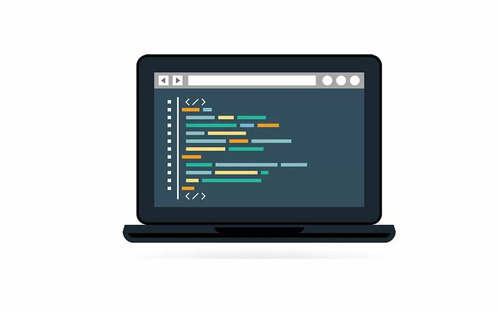What does this no indexing mean for you? And what you should do next on NoIndex and NoFollow?
This week Google announced that they will change how they respond to the popular rel=”nofollow” tags. These no indexing tags, once considered an important part of SEO, had helped to signal to Google when you did not want your site to particularly endorse another domain you linked to. Cutting down on comment spam--where people could link back to their own sites from the comment section of popular websites--was an important motivation for the initial development of the no indexing rel=”nofollow” tag.

Now Google has announced changes to how they will look at these no indexing tags as well as announcing the introduction of two new tags that we believe our community should pay attention to. Here is what you need to know about these latest no indexing changes from Google.
What will change about how Google uses ‘nofollow’ links?
Google has said that they will now view the rel=”nofollow” tags as a hint or suggestion. This no indexing change is scheduled to begin on March 1, 2020.
What new no index tags does Google recommend? Introducing rel="ugc" and rel="sponsored"
Now, in addition to the no indexing rel=”nofollow” tag, Google has also introduced two new tags that can be used to signal to Google additional information about the content on your site.
If the content comes from visitor comments, forum posts, or other material that is generated directly by the user, you will want to mark it as rel=”ugc”, signifying ‘user-generated content’.
If the content comes from ads or other types of sponsorship or paid content, then the proper tag will be rel=”sponsored”.
The idea behind these two new tags is to make the type of no indexing content that would have been marked as ‘nofollow’ in the past, clearer to Google. The search engine hopes that this additional information will help them better understand how websites relate to each other and that it will help them uncover information about the context of the material posted on your domain.
What should I do with my existing rel=”nofollow” tags and how will this impact my site?
Google has specifically instructed site owners not to worry about their existing no indexing rel=”nofollow” tags as these tags will still function as a suggestion or hint for the search engine spiders. This means that you do not have to worry about going back and editing your pages you have already published with new no index tags.
Google also reports that they do not expect to see large shake ups in the rankings from these changes, particularly since they will still take the rel=”nofollow” tags into account.
What may be interesting, however, is to see if the changes in how Google interprets the “nofollow” tag impacts links coming from large sites that typically “nofollow” all of their outbound links as a rule, such as Wikipedia. If, in the future, Google starts to recognize more of these links, then the sites with backlinks from these large sites could see a lift.
Google’s decision to change how they regard rel=”nofollow” tags will likely not have an immediate impact on websites and rankings. For now, we recommend that our community do their best to implement Google’s new no index tag suggestions. Although the search engine has specified that brands should start using no index tags “at their convenience,” conforming to the latest changes in Google’s recommendations and policies does tend to set brands up for the greatest chances for success.
Learn more about how to adapt to Google's algo changes with BrightEdge.
